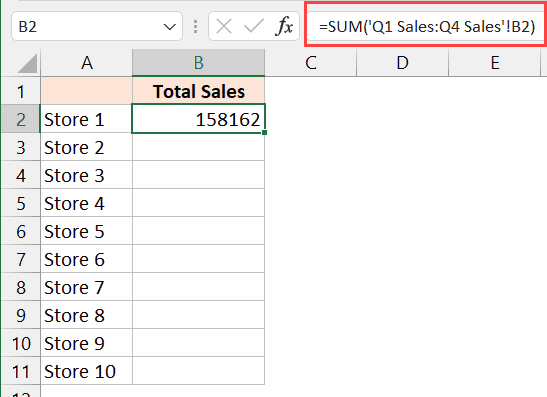3 Simple Ways to Divide Numbers Across Excel Sheets

In Microsoft Excel, the division of numbers is a fundamental operation that can be applied not just within a single worksheet, but also across different sheets for a more comprehensive analysis or calculation. This blog post explores three simple yet effective methods to divide numbers across various sheets in Excel, offering insights into data management, analysis, and report generation.
Using Direct Cell Reference

The simplest method to divide numbers across different sheets is by using direct cell references. Here’s how you can do it:
- Select the cell where you want the result of division to appear.
- Type the
=sign followed by a cell reference from another sheet. For example, if you’re dividing cell A1 on Sheet1 by cell A1 on Sheet2, you would enter:=Sheet1!A1/Sheet2!A1. - Press Enter to compute the result.
❗ Note: Ensure the sheets are properly named without spaces or special characters to avoid errors in references.
Using Name Ranges

Named ranges can simplify your formulas and make your spreadsheets more readable:
- Define a name for a cell or range in your sheets by selecting the cell/range, clicking in the name box, and typing a name (e.g., Data).
- Now, you can use these names in your division formula. For instance, if you’ve named Sheet1!A1 as ‘Data1’ and Sheet2!A1 as ‘Data2’, your formula would be:
=Data1/Data2. - Enter the formula and hit Enter to see the result.
Here's how you can set up named ranges:
| Name | Refers to |
|---|---|
| Data1 | Sheet1!A1 |
| Data2 | Sheet2!A1 |

📌 Note: Named ranges can be edited or deleted from the Name Manager in Excel. Be cautious when reusing names as it can affect your calculations.
Using the INDIRECT Function

For more dynamic references across sheets, the INDIRECT function comes in handy:
- Select the cell where you’ll insert the division formula.
- Use the INDIRECT function to reference cells from different sheets. An example would be:
=INDIRECT(“Sheet1!A1”)/INDIRECT(“Sheet2!A1”). - Press Enter to compute the result.
Here's a quick breakdown of how INDIRECT works:
INDIRECT("Sheet1!A1")references cell A1 on Sheet1 dynamically.- Combine these for a division operation:
=INDIRECT(Sheet1!A1)/INDIRECT(Sheet2!A1)
⚠️ Note: Be cautious with INDIRECT as it can slow down your workbook if overused due to the volatile nature of the function.
In wrapping up this guide on dividing numbers across Excel sheets, we’ve explored three versatile methods: Direct Cell Reference for simplicity, Using Named Ranges for clarity and ease of management, and INDIRECT Function for dynamic references. These approaches not only enhance your data analysis capabilities but also improve your efficiency in handling complex spreadsheets. Whether you’re summarizing data from multiple sources or conducting financial analysis, these techniques offer you robust tools to work smarter in Excel. Understanding these methods allows for better control over data, reducing errors and speeding up workflows. Remember to apply these techniques judiciously and keep your data well-organized to leverage Excel’s full potential in your work or personal projects.
Can I use these methods to divide numbers across multiple workbooks?

+
Yes, you can extend these methods to workbooks by using their full path in the cell references. For instance, for direct cell reference, you might use: =‘[WorkbookName.xlsx]Sheet1’!A1/[WorkbookName.xlsx]Sheet2’!A1
What if one of the sheets contains text or errors in the referenced cell?

+
If the cell referenced contains text or an error, Excel will return an error in your division result. You can use the IFERROR or ISERROR function to manage these scenarios gracefully.
Is it possible to automate the division process?

+
Yes, by using VBA (Visual Basic for Applications) in Excel, you can automate the division process across multiple sheets or workbooks, making your workflow significantly more efficient.